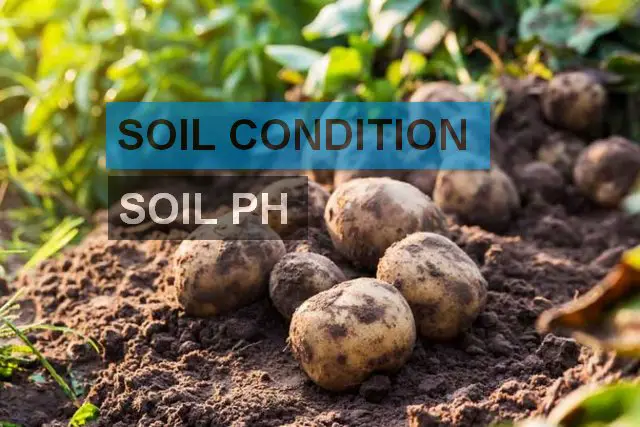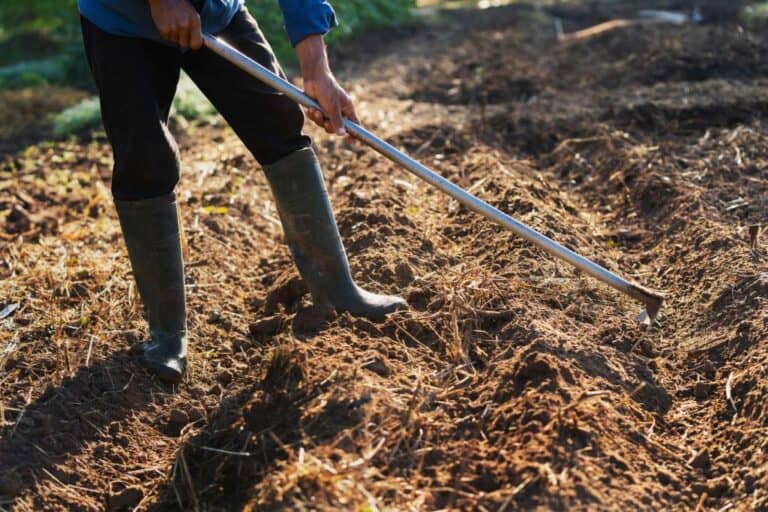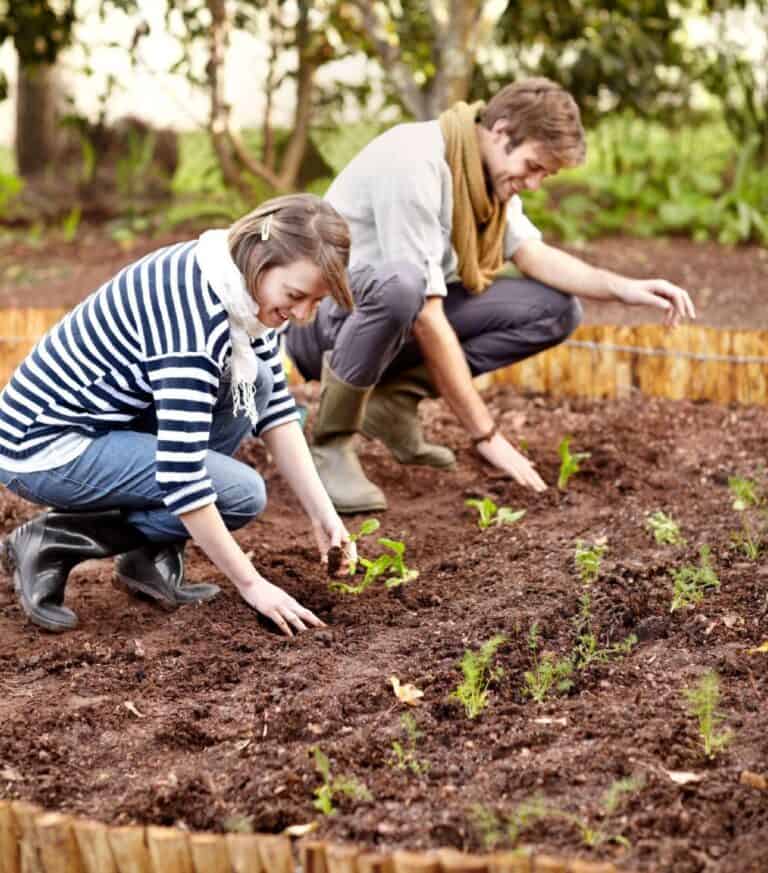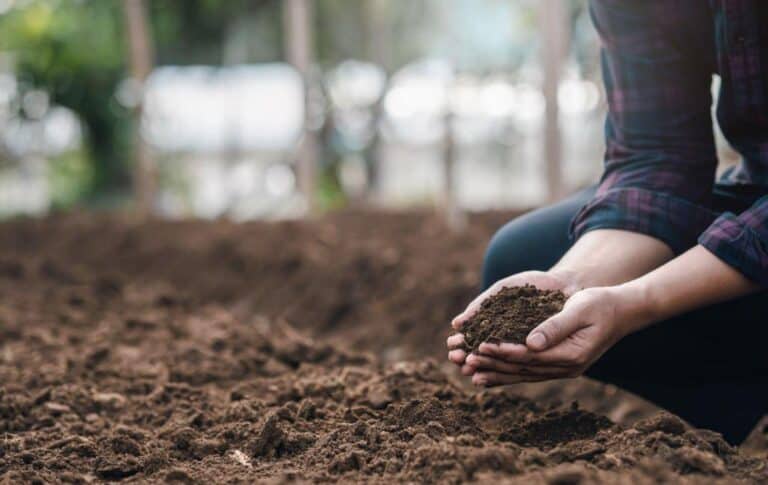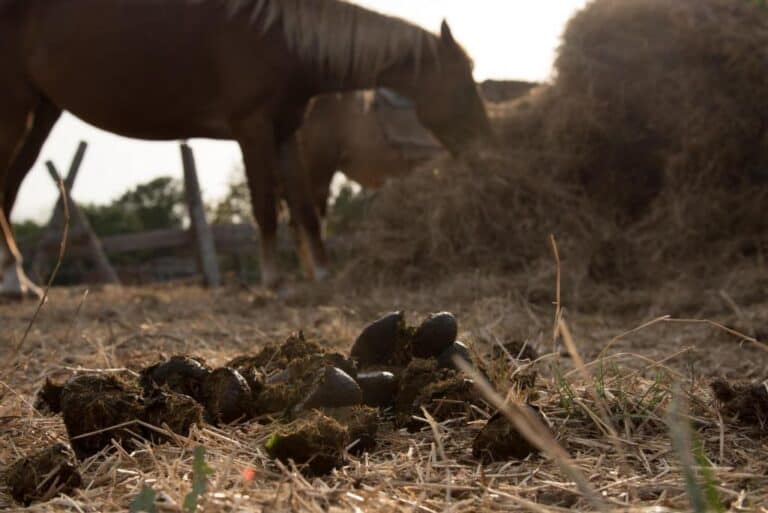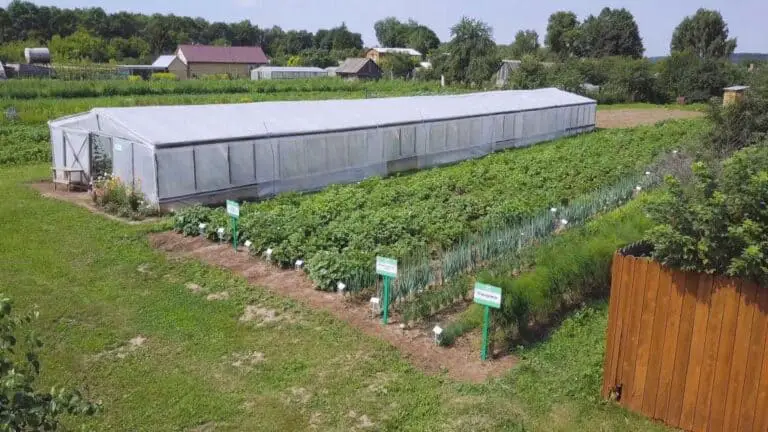Are Banana Peels the Secret to Thriving Lemon Trees?
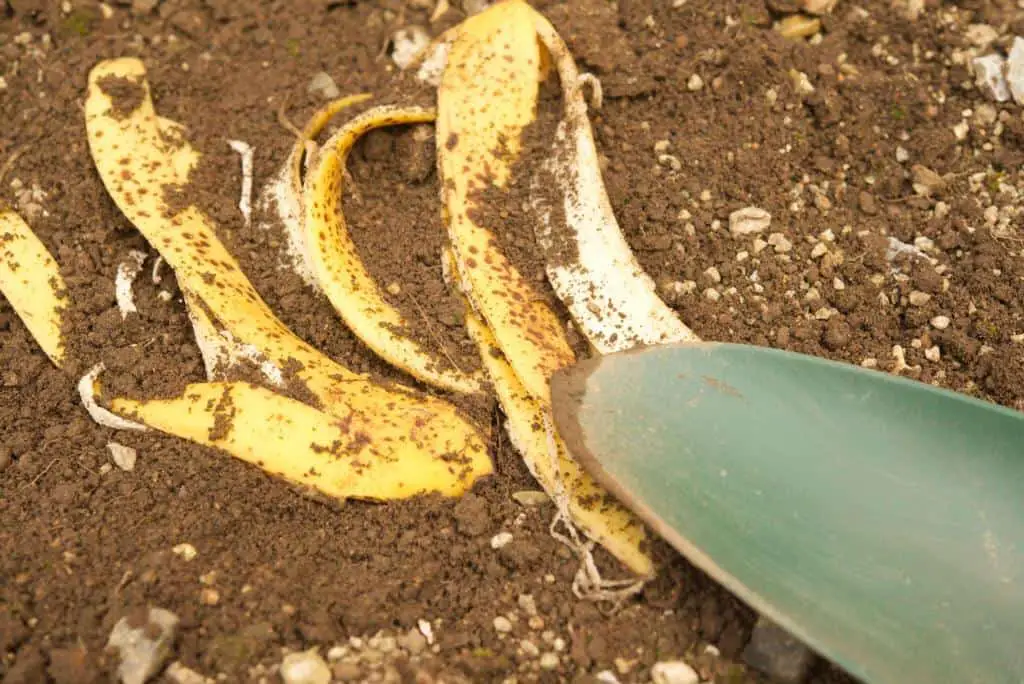
Fruit peels, like banana peels, are often thought of as waste products. But they may hold the key to a gardening secret we do not know about. Imagine turning the waste from your kitchen into a powerful elixir for your lemon trees. You would have turned something that you would have thrown away into something useful.
Gardening is where new ideas meet eco-friendliness. Trying strange methods can pay off. Banana peels might be the game-changer you did not know you needed.
Let’s start this gardening journey together. Picture banana peels not as trash for the compost, but as potent fertilizers for your lemon trees. What if I told you that these peels look like nothing special? But, they are full of important minerals like potassium, phosphorus, and calcium. These are essential for healthy growth and bright citrus yields.
Now is the time to learn more about nature’s gifts and find out how your gardening skills can be improved by using banana peels. Come with me as I bust some myths and promote eco-friendly methods that could change the way we take care of our plants. Stay tuned. We will reveal more about this intriguing idea. When it comes to making lemon trees grow well, the simplest ideas are the best.
Nutrient Content Analysis of Banana Peels
If you look into the rich world of banana peels, you will find a treasure trove of nutrients ready to feed your lemon trees. Potassium, which is known as the “elixir of life” for plants, is found in large amounts in these simple peels. Potassium is known to help fruit grow and make plants stronger overall.
It is also a key part of making any plant more resistant to environmental stresses. Phosphorus is an important nutrient. It also helps with root growth and flower initiation. It builds a strong base for future blooms. These blooms will decorate your citrus paradise.
But wait – there’s more! Calcium comes on stage and makes a very important contribution to the structure and integrity of cell walls. Calcium and pectin firmly grip each other. They make strong cell connections. These connections support healthy leaf growth and effective nutrient transport in your lush orchard.
Magnesium adds to this mix of nutrients, making chlorophyll production and photosynthesis work better. These parts of banana peels work well together. They make an organic feast that meets the needs of lemon trees. The trees want food from nature’s pantry.
Banana Peels as Organic Fertilizer
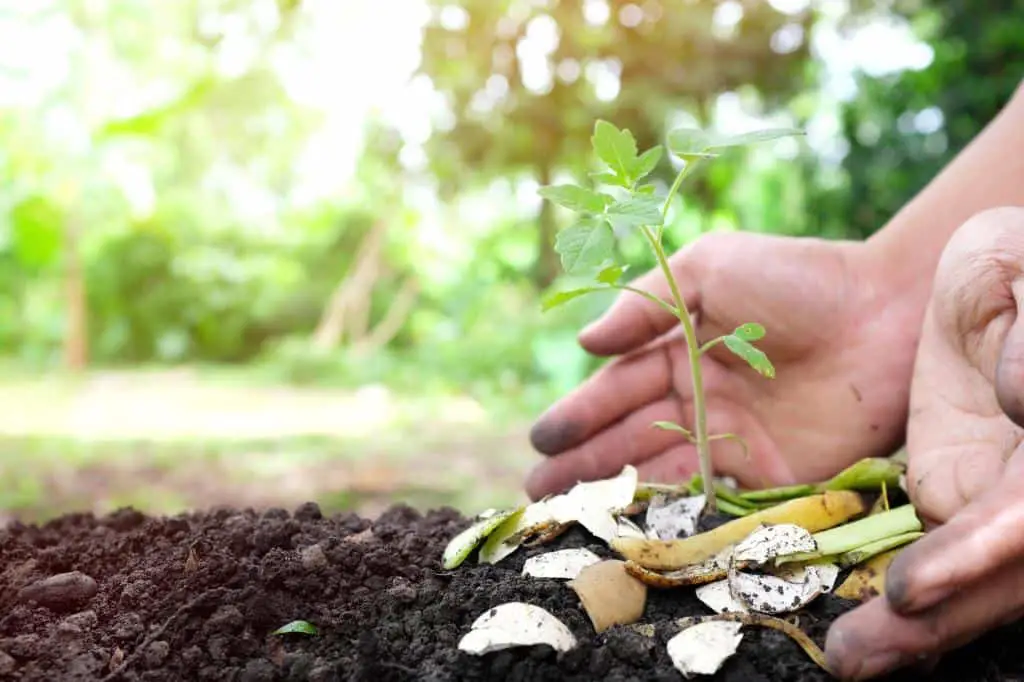
Using banana peels as an organic fertilizer can have several benefits for lemon trees and the soil they grow in. Banana peels are rich in nutrients like potassium, which is essential for plant growth. When used as fertilizer, banana peels can improve soil fertility by providing these nutrients to the lemon tree. Banana peels can also improve soil. They help it hold water and keep a good structure. Both of these things are crucial for the healthy growth of lemon trees.
Banana peels also contain organic matter that can enhance microbial activity in the soil. This microbial activity is good. It breaks down organic materials and releases nutrients. Nutrients are essential for plant growth. Nutrients are essential for plant growth. By improving microbial activity, banana peels can create a healthier soil environment for lemon trees to thrive in.
Using banana peels as organic fertilizer is also environmentally friendly. Instead of throwing away banana peels, which add to landfill waste, using them as fertilizer lets their nutrients be recycled into the soil. This practice aligns with sustainable gardening. It aims to minimize waste and reduce synthetic chemicals.
The Benefits of Banana Peels for Lemon Trees
Banana peels are a rich source of nutrients that can benefit lemon trees in several ways. Here are some of the key benefits:
- Rich in Potassium: Banana peels are high in potassium, an essential nutrient for plant growth. Potassium helps promote flower and fruit development in lemon trees, resulting in a more abundant harvest.
- Slow-Release Fertilizer: Banana peels break down slowly, releasing nutrients into the soil over time. This slow-release effect provides a steady supply of nutrients to lemon trees, promoting steady growth and development.
- Improved Soil Health: As banana peels decompose, they add organic matter to the soil, improving its structure and fertility. This can help improve soil drainage and water retention, which are crucial for healthy root development in lemon trees.
- Natural Pest Repellent: Some gardeners believe in a natural pest repellent. They think the strong scent of banana peels can repel aphids and spider mites. These pests can damage lemon trees.
How to Apply Banana Peels to Your Lemon Trees
Preparing the banana peels and applying them well are key. This is how to use them as a natural fertilizer for your lemon trees. Here are several simple ways to apply banana peels to your garden.
- Collect Banana Peels: Start by collecting fresh banana peels from ripe bananas consumed at home. These peels are rich in vital nutrients. They include potassium, phosphorus, and calcium. These nutrients are good for citrus growth.
- Prepare the Peels: Chop or tear the banana peels into smaller pieces to speed up decomposition and nutrient release. For more nutrients, blend the peels into a paste. Or, soak them in water overnight. This makes a strong liquid fertilizer.
- Apply Around the Base:Spread a thin layer of chopped peels or pour diluted banana peel solution on the soil surface around the base of your lemon tree.
- Use Moderation: It’s important to use banana peel compost in moderation. Excessive quantities may lead to nutrient imbalances or attract pests. Start with a small amount and adjust as needed based on your tree’s response.
- Incorporate into Routine: Use these simple and effective techniques in your gardening. They will make your lemon trees healthier while reducing food waste and the need for chemicals.
Remember that moderation is crucial. Too much banana peel compost can cause nutrient imbalances or attract pests. Use these simple application techniques in your gardening. They will help you nurture healthier lemon trees. They also reduce food waste and chemical use.
Common Myths Debunked
Despite their widespread popularity as a natural fertilizer, banana peels have often been subject to various misconceptions in the realm of plant care.
One prevailing myth suggests that banana peels can directly act as a substitute for conventional fertilizers rich in essential nutrients like nitrogen, phosphorus, and potassium. While it is true that banana peels do contain these elements in trace amounts, expecting them to single-handedly meet all of a lemon tree’s nutrient needs is unrealistic. In reality, using banana peels should be viewed more as a supplementary practice than a complete nutritional solution.
Another common misconception surrounding the utilization of banana peels is the notion that they will immediately yield visible results or transform the growth of lemon trees overnight. It’s important to understand that natural processes take time to unfold and any benefits derived from incorporating banana peels into your gardening routine may manifest gradually over weeks or even months.
Patience and consistency are key when experimenting with organic fertilizers like banana peels, allowing nature to work its magic at its own pace while ensuring sustainable long-term health for your lemon trees.
| Read: Is Blood and Bone Meal Good for Lemon Trees? |
Tips for Maximizing Lemon Yield with Banana Peels
Timing is very important if you want to get the most out of banana peel fertilization for your lemon trees. For optimal absorption of nutrients, consider cutting the banana peels into smaller pieces before burying them near the base of your tree. This helps speed up the decomposition process and allows the roots to access the rich supply of potassium, phosphorus, and other essential minerals more efficiently.
Furthermore, combining banana peels with other organic matter like coffee grounds or eggshells can create a nutrient-rich compost blend that not only enriches the soil but also promotes beneficial microbial activity. By layering different organic materials strategically around your lemon tree’s root zone, you can create a sustainable ecosystem that supports long-term growth and resilience against common plant diseases.
Experiment with various combinations to find what works best for your specific garden environment, and observe how these natural amendments contribute to lush foliage and bountiful fruit production. Remember, nature thrives on diversity!
Conclusion
After delving into the potential benefits of using banana peels as a natural fertilizer for lemon trees, it is evident that this organic practice holds promise in promoting citrus tree health.
The rich array of nutrients present in banana peels, including potassium, phosphorus, and calcium, can contribute significantly to the growth and productivity of lemon trees when used appropriately. Furthermore, the sustainable aspect of repurposing waste materials aligns well with eco-conscious gardening principles.
While incorporating banana peels into your gardening routine can be advantageous if done correctly, it is crucial to exercise caution and moderation. Overuse or improper application methods can lead to adverse effects such as nutrient imbalances or the attraction of pests. Additionally, it is essential to complement banana peel fertilization with other sources of nutrients to ensure comprehensive plant nourishment.
By integrating these insights into your horticultural practices thoughtfully and responsibly, you may unlock the hidden potential of banana peels as a valuable asset in cultivating thriving lemon trees.

